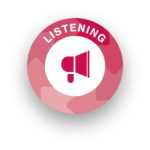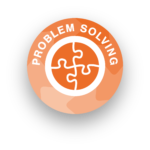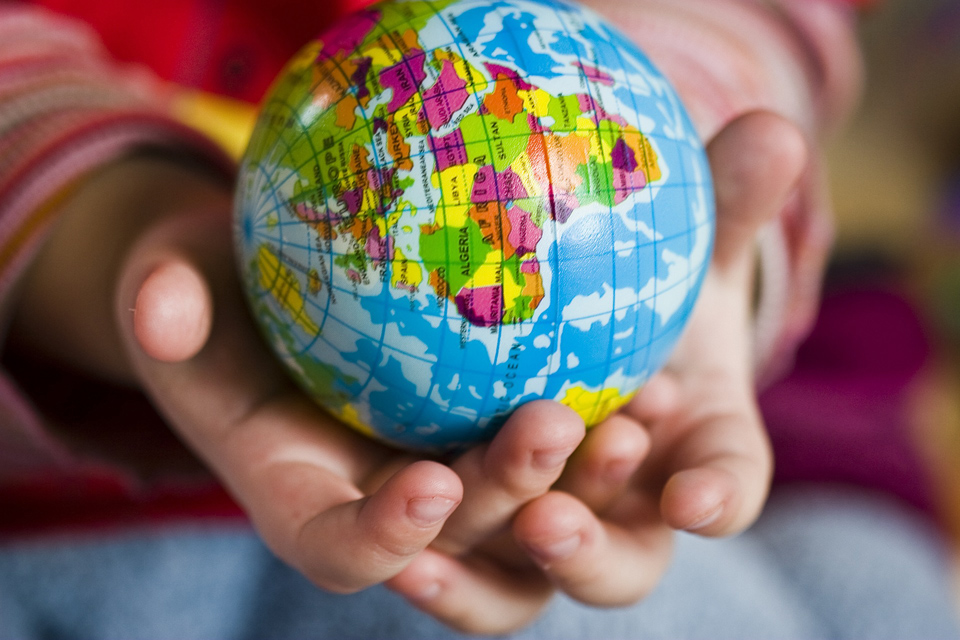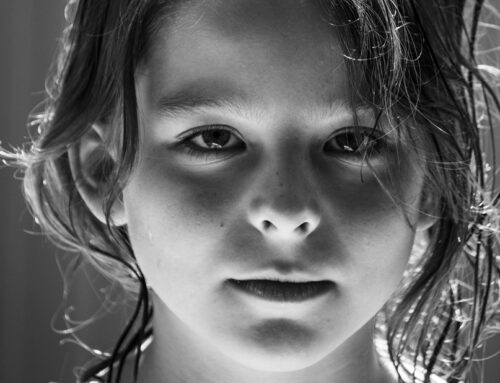There’s so much about geography to excite a very able child, simply because many aspects will appeal to their curiosity. They may have a real interest in the environment and feel that they must care for it. Perhaps they’re intensely curious about the world beyond their own country – a great reason to tell them about natural features. This article makes the physical world and its diverse cultures relevant but fun.
Rock the Radio!
Music is an international language in its own right. Tune in to an internet radio station from a different nation. The website radio.garden doesn’t display countries, so a bit of deduction will be necessary in finding them (a bit like pin the tail on the donkey!). Listen to flamenco guitar from Spain, jazz from Switzerland, Hindustani classics from India and electronic tunes from Germany! What questions may be raised about the traditions and stories behind the sounds?
Pick a Dream Country
Encourage your child to find their dream country on a map. Can they depict it in a poster? Why is it their favourite and which unusual geographical features can they include e.g. glaciers for Iceland, fjords for Norway, hot springs for Japan. This activity has scope for drawing and describing climate, unusual land formations, even borders. Take the challenge further – how about creating a brand new country?
Talk about the risks posed by naturally occurring phenomena such as volcanoes and high rivers. Create a poster warning people about the effects of a potential natural occurrence. Add in the challenge of a survival guide – how would your child advise people to deal with those problems?
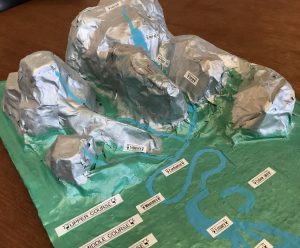
A 3D Model of a River by Miranda B.
Make a 3D Model
3D models offer great opportunities for design, and work on evaluation skills. Get your child to design a river and its surrounding landscape, valleys or coastline. Older children could add extra features e.g. dams, coal mines, erosion, explaining the reasoning behind their choice.
Travel Writer
Write a travel story. Here are some example books for inspiration:
- Age 6 and under: Miranda the Explorer by James Mayhew.
- Age 6 up: A children’s version of Jules Verne’s Around the World in Eighty Days.
Older children may enjoy the full unabridged version and could even create their own versions of chapters to make them relevant to today’s world.
Put together a newspaper or magazine article about a trip to somewhere unusual, such as the Atacama Desert, coral reefs or Antarctica. What geographical vocabulary could be used to describe the climate, for example hot/cold adjectives and precise words such as “tundra”, “polar”, “dunes”, “cay”. Older children could also add a description of activities – e.g. science research for Antarctica, astronomy in the Atacama.
A Local Field Trip
Field trips don’t have to cost a fortune. With your child, create a list of locations in the local vicinity – anywhere that your child hasn’t visited before. Get out a map of the proposed area. Discover together how to read it in more depth. Can they pick out some key features and apply those to finding real landmarks (e.g. train station, highest point, wildlife reserve)? Visit a local library to find out how these maps have changed over the years.
Human Geography
Get your child to map out a route between two familiar locations. Discuss together why they travelled via the route and transport chosen. Why do they think that commuters travel on a particular route from area A to area B? Do they find a particular aspect of the trip most interesting e.g. a farm, banks, historical buildings? How does the area affect how people live?
For the older child: Can they spot relevant local news in town planning and housing, environment? What sources could they use?
Play with Google Earth
Discuss latitude and longitude (e.g. the equator).
Can your child use the eight points of the compass to locate something on a map, such as a route between ocean ports? For example, depart Plymouth, sailing south-west to Miami.
Global Problems
For further challenge, see if your child can use a creative and STEM slant to solve world problems such as traffic congestion, air pollution. For example, could they design a sustainable product based on reduce, reuse, recycle?
Why? Why? Why?
The small child’s favourite question! Discuss:
Why do people live where they do? (for example, at the foot of volcanoes, in cliff settlements)
Why is the climate different according to place and time?
Scavenger Hunt
Create a scavenger hunt based on travel brochures and guide books, then ask your child to create their own. Older children could use some of the more exotic destinations in books by Michael Palin, Bill Bryson, Levison Wood, Dervla Murphy and Sue Perkins.
And finally…
Great places for visits for all ages include:
- The Eden Project, Cornwall
- The Museum of Power, Essex (water cycles, rivers)
- The Polar Museum, Cambridge
- The Royal Observatory (Meridian line)
Useful Resources:
https://www.bbc.co.uk/bitesize/subjects/z2f3cdm

